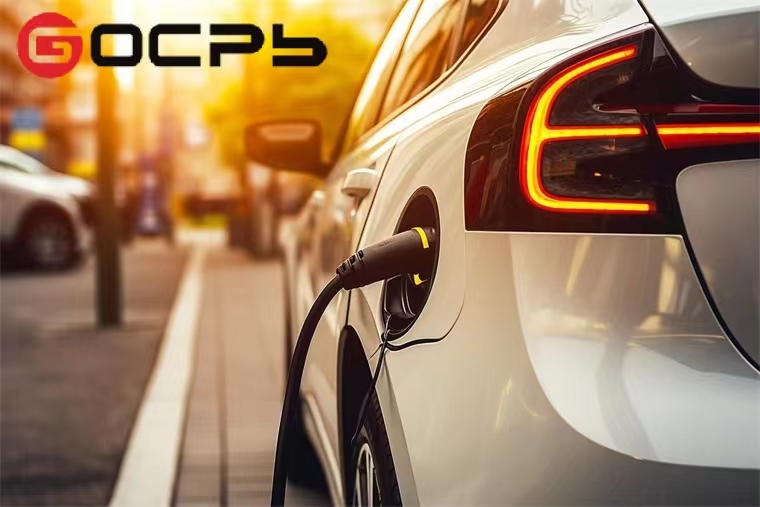As time passes, the carbon emissions of electric vehicles gradually decrease.

Recently, Bloomberg NEF released a detailed report covering various aspects of carbon emissions throughout the entire lifecycle of electric vehicles. The conclusion drawn from this report is that electric vehicles generate lower carbon emissions throughout their entire lifecycle than internal combustion engine vehicles. Even considering the emissions during battery manufacturing and vehicle use, the overall emissions of electric vehicles are still relatively low. In regions such as China, the use of coal in power generation has reduced the emissions of electric vehicles by about 27%, while in some markets such as the UK, the reduction has reached 71% due to the phasing out of coal.
The report also points out that as the power industry transitions towards cleaner energy, electric vehicle emissions in all regions will significantly decrease by 2030. Battery recycling and localized production will further promote this trend. This means that over time, electric vehicles will become cleaner, while at the same time, the emissions of gasoline powered vehicles are fixed during use.
The study also found that the emission difference between daytime and nighttime charging is changing, and with the growth of solar power generation, daytime charging becomes more attractive. However, as the demand for nighttime charging increases, policymakers need to adjust their support for charging infrastructure to adapt to different charging needs.
Finally, the report mentions that most studies have not taken into account emissions from refining and distribution of fuel. Although this is an area that is difficult to determine, the emissions from global refineries are considerable, which also means that the actual emissions from fuel powered vehicles may be higher.
Contact Us
- +86-20-86373199
- info@gocpb.net
- +86 18998386976
ADD:Building 5, Greenland Huichuang International, Baiyun District, Guangzhou
TEL:+86-20-86373199 FAX: E-mail:info@gocpb.net
01.png)





